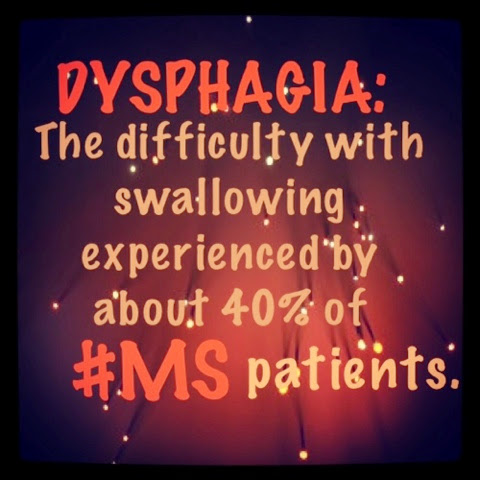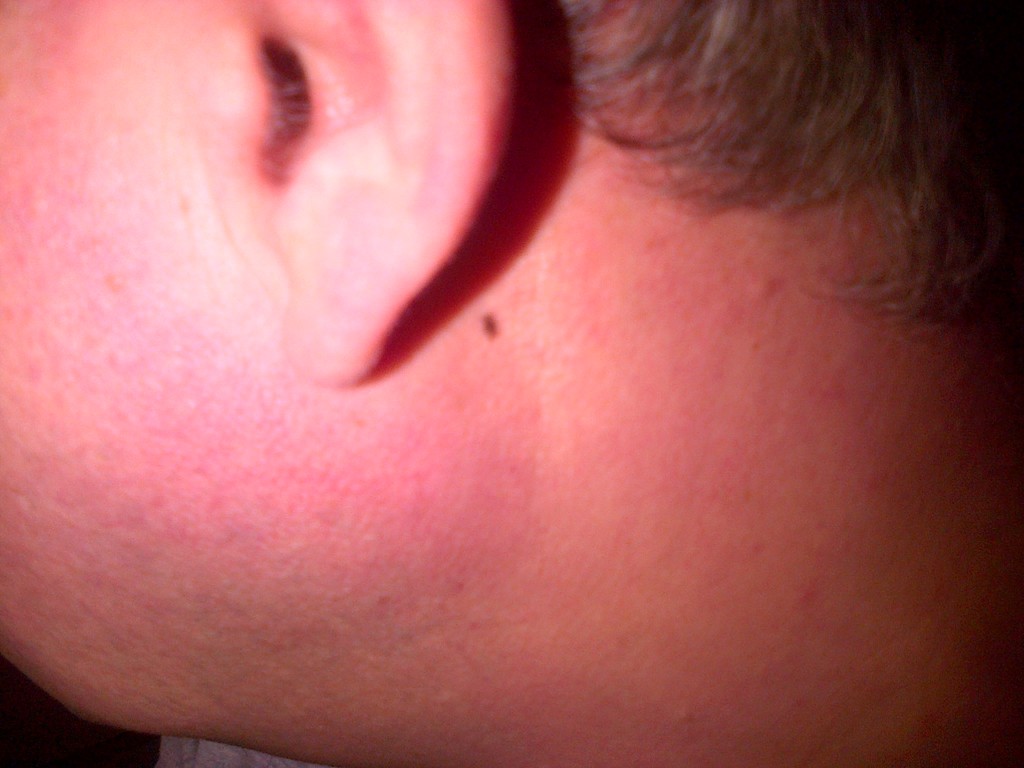Dysphagia is the medical term for swallowing difficulties.
Some people with dysphagia have problems swallowing certain foods or liquids, while others can’t swallow at all.
Other signs of dysphagia include:
coughing or choking when eating or drinking
bringing food back up, sometimes through the nose
a sensation that food is stuck in your throat or chest
persistent drooling of saliva
Over time, dysphagia can also cause symptoms such as weight loss and repeated chest infections.
You should see your GP if you have swallowing difficulties.
What causes dysphagia?
Dysphagia is usually caused by another health condition, such as:
a condition that affects the nervous system, such as a stroke, head injury, or dementia
cancer – such as mouth cancer or oesophageal cancer
gastro-oesophageal reflux disease (GORD) – where stomach acid leaks back up into the oesophagus
Dysphagia can also occur in children as the result of a developmental or learning disability.
Dysphagia can be caused by problems with the:
mouth or throat, known as oropharyngeal or “high” dysphagia
oesophagus (the tube that carries food from your mouth to your stomach), known as oesophageal or “low” dysphagia
Read more about the causes of dysphagia.
Treating dysphagia
Treatment usually depends on the cause and type of dysphagia. The type of dysphagia you have can usually be diagnosed after testing your swallowing ability and examining your oesophagus.
Many cases of dysphagia can be improved with treatment, but a cure isn’t always possible. Treatments for dysphagia include:
speech and language therapy to learn new swallowing techniques
changing the consistency of food and liquids to make them safer to swallow
alternative forms of feeding, such as tube feeding through the nose or stomach
surgery to widen the narrowing of the oesophagus by stretching it or inserting a plastic or metal tube (known as a stent)
Read more about diagnosing dysphagia and treating dysphagia.
Complications of dysphagia
Dysphagia can sometimes lead to further problems. One of the most common problems is coughing or choking when food goes down the “wrong way” and blocks your airway.
If this occurs frequently, you may avoid eating and drinking because you fear choking, which can lead to malnutrition and dehydration.
Some people with dysphagia have a tendency to develop chest infections, such as aspiration pneumonia, which require medical treatment.
Dysphagia can also affect your quality of life as it may prevent you enjoying meals and social occasions.
Read more about the complications of dysphagia.


